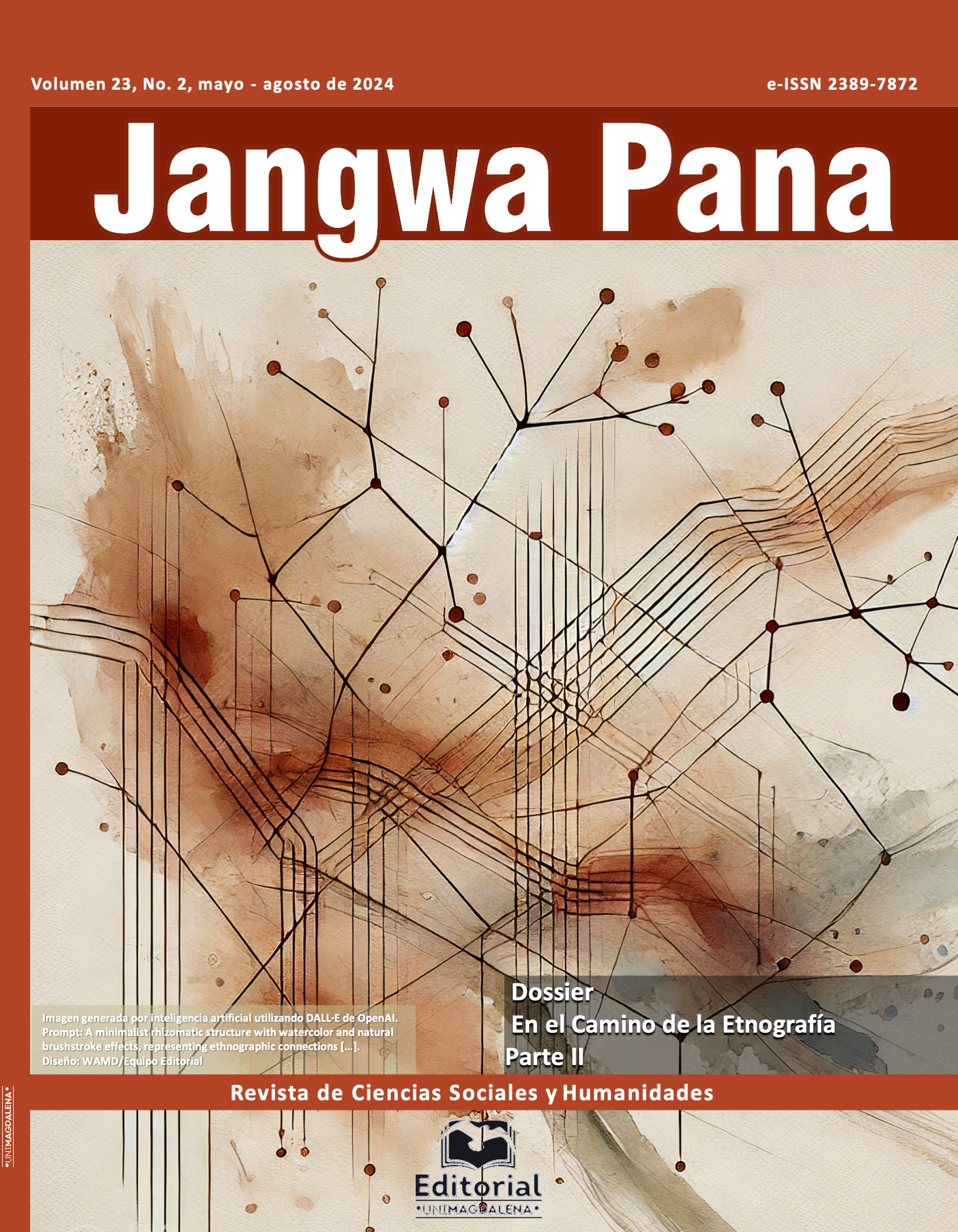The interview as an ethnographic approach in education: from fieldwork to discovery and data
Main Article Content
Abstract
Downloads
Article Details
References
Achili, E. L. (2005). Investigar en antropología social. Los desafíos de transmitir un oficio. Laborde Libros Editor.
Fasano, P., & Schneider, G. (2023). La dimensión comunicativa en la producción de notas de campo [Clase 4]. Curso: Notas de campo en etnografía y educación: escribir, leer, interrogar, analizar y producir datos. IDES-UNTreF.
Foucault, M. (1969). ¿Qué es un autor? ElSeminario.
Guber, R. (2011). La etnografía, método, campo y reflexividad. Siglo XXI Editores.
Guber, R. (2013). La articulación etnográfica. Descubrimiento y trabajo de campo en la investigación de Esther Hermitte. Editorial Biblios.
Guerrero, A. L., & Milstein, D. (2017). Dialogar y producir alteridad. Un episodio de trabajo de campo con una niña de Colombia. En M. Dantas-Whitney, D. Milstein, Á. Clemente y A. L. Guerrero, Bordes, límites y fronteras. Encuentros etnográficos con niños, niñas y adolescentes (pp. 157-176). Pontificia Universidad Javeriana.
Jelin, E. (2000). Memorias en conflicto. Puentes, 1(1), 6-13.
Krotsch, P. (2001). Educación superior y reformas comparadas (2.da edición). Universidad Nacional de Quilmes.
Lins, G. (2004). Descotidianizar. Extrañamiento y conciencia práctica, un ensayo sobre la perspectiva antropológica. En M. F. Boivin, A. Rosato y V. Arribas, Constructores de Otredad. Una Introducción a la Antropología Social y Cultural (pp. 194-198). Editorial Antropofagia. (Trabajo original publicado en 1989).
Rivas, L. A. (2016). El referente en la enseñanza de la historia de la educación argentina en la formación docente inicial.

